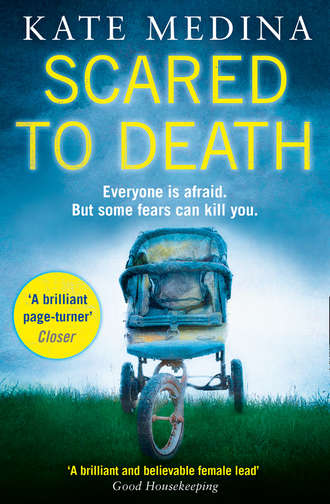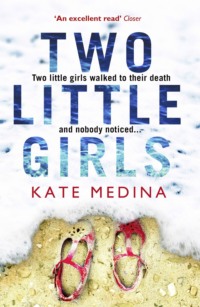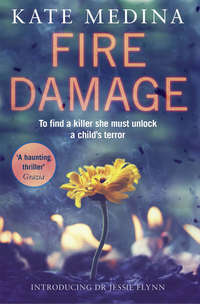Scared to Death: A gripping crime thriller you won’t be able to put down

Полная версия
Scared to Death: A gripping crime thriller you won’t be able to put down
Жанр: приключениядетективызарубежные приключениясовременная зарубежная литературазарубежные детективыкниги о приключениях
Язык: Английский
Год издания: 2019
Добавлена:
Настройки чтения
Размер шрифта
Высота строк
Поля
Конец ознакомительного фрагмента
Купить и скачать всю книгу



